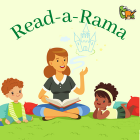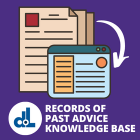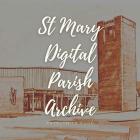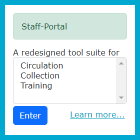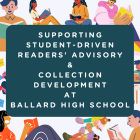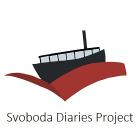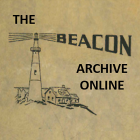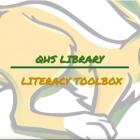
QHS Library Literacy Toolbox
The QHS Library Literacy Toolbox helped increase students’ use and access to the QHS Library while improving students’ literacy development. Teachers and students worked together with the school library to create and sustain three interconnected tiers of support, including reintroducing independent reading schoolwide; reestablishing a book club, Jack of Clubs, focused on diverse and #OwnVoices books with social justice/action themes; and creating the first secondary writing center in Washington State, QHS Writing Center, where peer tutors worked with their peers to support them in becoming reflective writers, learners, and thinkers. This library programming can inspire other high school libraries nationwide.

